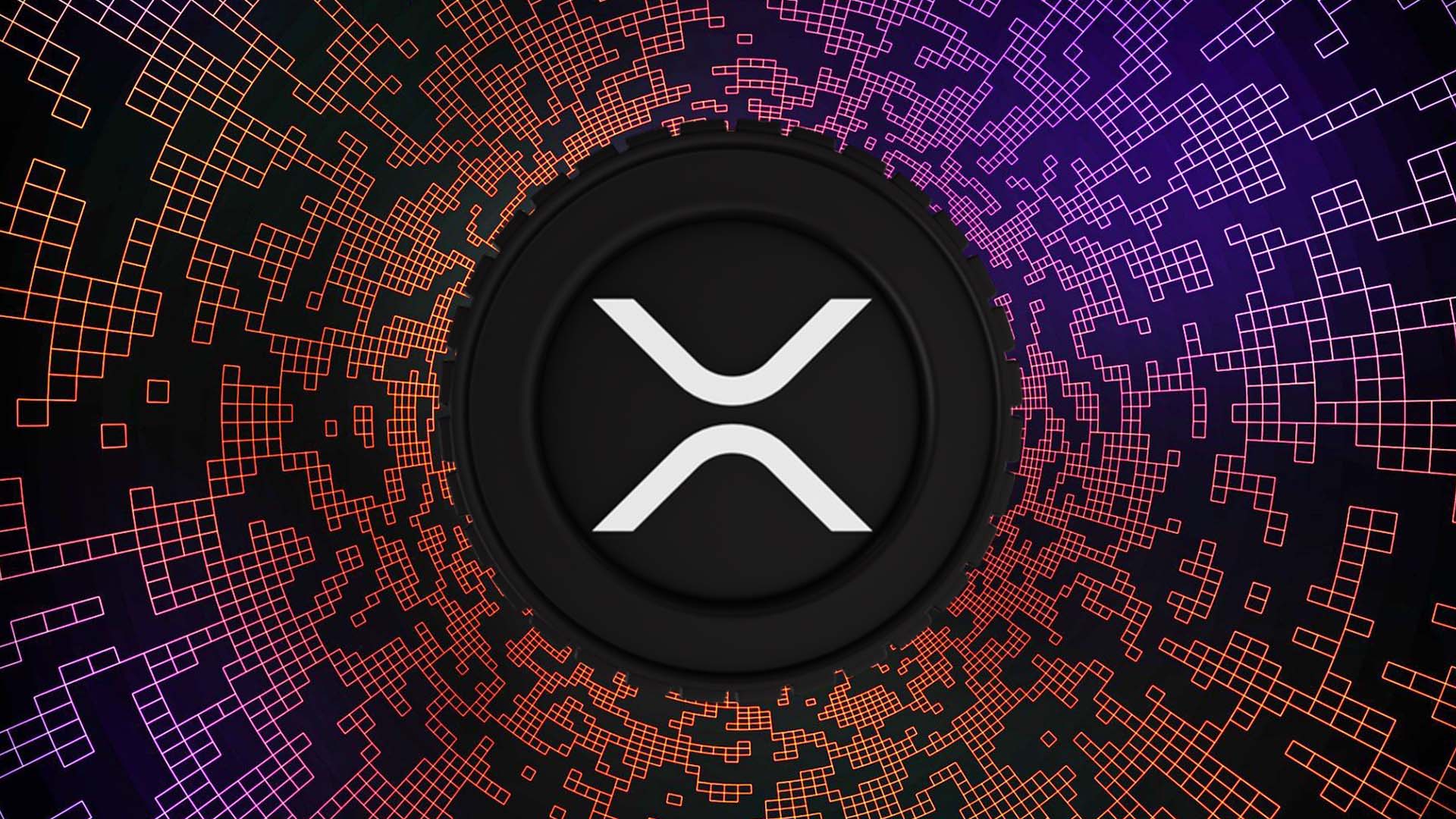|
Getting your Trinity Audio player ready...
|
Ripple’s long-standing legal battle with the U.S. Securities and Exchange Commission (SEC) has finally reached a conclusion, and the cryptocurrency world is buzzing with excitement. The case, which revolved around whether XRP, Ripple’s native token, should be classified as a security, has ended with Ripple emerging victorious. The SEC’s decision to settle for a reduced fine of $25 million, down from the original $2 billion, has not only been a win for Ripple but also a significant boost for the broader crypto industry.
Ripple can now continue its international operations, though it will face restrictions on XRP sales to U.S. institutions. This victory is seen as a pivotal moment, highlighting the crypto sector’s growing influence and resilience against regulatory pressures. The SEC even issued an apology for its mischaracterization of XRP, casting doubt on the agency’s regulatory approach and adding fuel to the growing optimism surrounding XRP’s future potential.
In a recent episode of the Good Morning Crypto Show, attorney John Deaton, who represented over 75,000 XRP users, addressed a pressing question: Could individuals file a class-action lawsuit against the SEC for allegedly bringing a false case against Ripple?
Can the SEC Face Consequences For Their Actions?
Deaton clarified that holding the SEC accountable through a class-action lawsuit is a complex and challenging endeavor. While there have been past attempts to sue the SEC, these lawsuits often encounter significant hurdles. According to Deaton, the law generally does not allow for legal action against a government agency merely for poor regulation or negligence. Suing the SEC would require evidence of gross abuse of discretion or criminal misconduct, such as deliberate misinformation.
Inspector General Investigation – A Possible Game Changer?
Deaton did, however, highlight an ongoing Inspector General (IG) investigation that could potentially alter the landscape. The results of this investigation may reveal crucial insights that could overcome legal obstacles. If the IG report uncovers evidence of severe misconduct or regulatory capture—where the SEC is seen as favoring certain companies or individuals—there could be grounds for a civil lawsuit against specific SEC officials.
Also Read: XRP To $100? Analyst Rietveld Predicts 17,339% Surge If Bitcoin Hits $1.5M By 2030
Yet, Deaton emphasized that pursuing legal action against a government agency remains a daunting challenge, and the success of such endeavors would largely depend on the findings of the IG investigation. The outcome of this report will be critical in determining whether there is a viable path for legal recourse against the SEC.
Ripple’s victory is a significant milestone, not only for the company but for the entire cryptocurrency ecosystem. As the industry reflects on this historic win, all eyes will now be on the IG investigation and its potential implications for future regulatory actions.
Disclaimer: The information in this article is for general purposes only and does not constitute financial advice. The author’s views are personal and may not reflect the views of Chain Affairs. Before making any investment decisions, you should always conduct your own research. Chain Affairs is not responsible for any financial losses.




